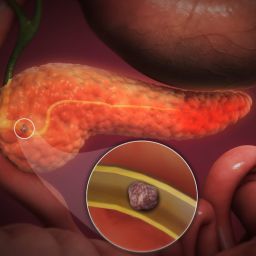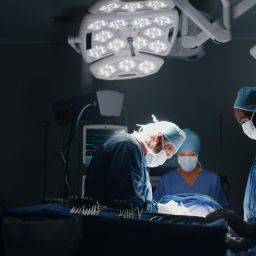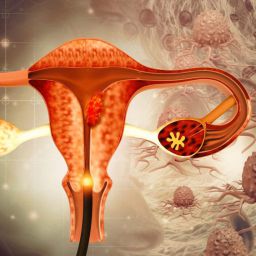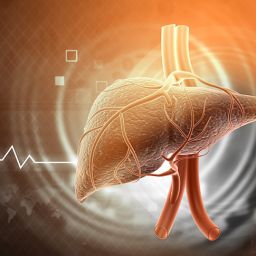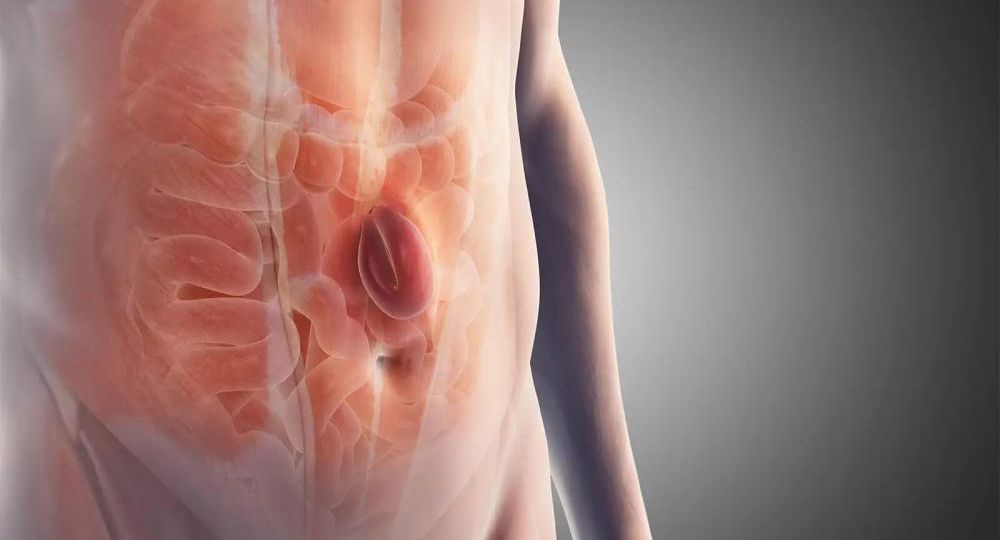
Understanding Hernia Surgery and Repair
Hernias are usually treated through surgical procedures designed to push the protruding tissue or organ back into place and repair the weakened muscle wall. Surgery is typically successful in eliminating the hernia. However, recurrence can still occur due to a variety of factors.
The two most common surgical techniques for hernia repair are:
- Open Surgery: This traditional method involves making a larger incision over the hernia site to expose the weakened area. The surgeon then pushes the tissue back into place and reinforces the area with stitches or a synthetic mesh.
- Laparoscopic (Minimally Invasive) Surgery: This modern technique involves making several small incisions through which specialized tools, including a camera, are inserted to repair the hernia. The recovery time is often quicker, and the procedure is associated with less pain and a smaller scar.
Although these surgeries are generally effective, the possibility of a hernia reappearing remains.
Factors Contributing to Hernia Recurrence After Surgery
1. Inadequate Surgical Repair

In some cases, hernia recurrence occurs because the initial repair wasn’t performed properly. This can happen due to technical factors like improper placement of the mesh, insufficient suturing of the muscle wall, or improper stitching that doesn’t allow for adequate healing. In some cases, the tissue may not have been strong enough to support the repair, causing the hernia to return.
Another reason for inadequate repair is a complication during surgery, such as infection or complications with anesthesia, which can affect healing.
2. Mesh Failure
Mesh is commonly used to reinforce the weakened area of the abdominal wall after surgery. Though mesh generally reduces the risk of recurrence, it is not foolproof. In rare cases, the mesh may degrade, shift, or become infected, leading to a hernia reappearing. Mesh can also cause complications, such as adhesion to surrounding tissues, which may complicate recovery and increase the risk of recurrence.
3. Infection and Poor Healing
Post-surgical infections can have a significant impact on the repair process. Infections can cause the surgical site to become inflamed and prevent the proper healing of the abdominal wall, leading to the risk of the hernia returning. Infections, if not properly treated, can also cause the mesh to become displaced or degrade over time.
Certain health conditions, like diabetes or immune system disorders, can also hinder healing and make the surgical site more prone to infection. Delayed healing from these conditions may cause the repaired muscle or tissue to weaken, ultimately increasing the risk of recurrence.
4. Increased Intra-Abdominal Pressure
One of the major contributors to hernia recurrence is the pressure inside the abdomen. Excessive intra-abdominal pressure can cause the repaired area to weaken. Common activities or health conditions that increase abdominal pressure include:
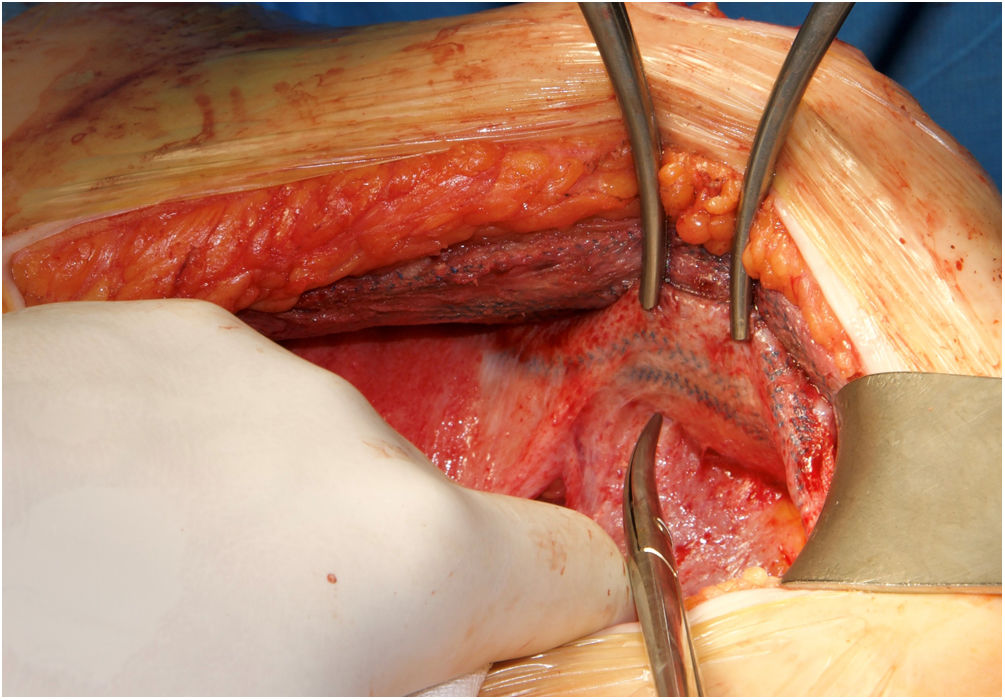
- Heavy Lifting: Lifting heavy objects too soon after surgery or lifting improperly can place significant strain on the abdominal wall, potentially causing the hernia to reappear.
- Chronic Coughing or Sneezing: Conditions like chronic obstructive pulmonary disease (COPD), asthma, or smoking can lead to persistent coughing. The act of coughing or sneezing increases abdominal pressure, and over time, this pressure can weaken the repaired tissue.
- Straining During Bowel Movements: Constipation or difficulty passing stools can lead to frequent straining, which increases pressure on the abdominal wall. This can compromise the repair and lead to a hernia reoccurrence.
- Obesity: Excess body weight places constant pressure on the abdominal wall, which can lead to hernia recurrence, particularly if the weight gain occurs after surgery.
5. Age and Tissue Quality
As people age, their tissues lose elasticity and strength. This natural weakening of the body’s tissues can result in a higher likelihood of hernia recurrence, particularly for older adults. The healing process is also slower in older individuals, which increases the risk of complications such as poor tissue repair or mesh failure.
Additionally, underlying medical conditions associated with aging, such as weakened connective tissues, may make it more difficult for the body to fully heal after surgery.
6. Lifestyle Factors and Behavior
The lifestyle and behaviors of a patient play a significant role in hernia recurrence. Obesity, poor diet, lack of exercise, and smoking can all affect recovery and increase the risk of the hernia coming back.
- Smoking can interfere with circulation and healing, weakening the abdominal wall and increasing the likelihood of complications after surgery.
- Lack of Exercise can lead to weakened muscles, making it more likely that the hernia will return.
7. Genetic Predisposition
Some individuals may have a genetic predisposition to developing hernias due to a family history of the condition or underlying connective tissue disorders. These genetic factors may make the tissues more susceptible to weakening over time, even after a hernia repair.
How to Reduce the Risk of Hernia Recurrence
While hernia recurrence cannot always be prevented, there are several steps that can help minimize the risk:

1. Follow Post-Surgery Instructions Carefully
After surgery, it is crucial to follow the post-operative care instructions provided by your doctor. These instructions may include:
- Avoiding heavy lifting or straining activities for a specific period after surgery.
- Taking prescribed medications to manage pain and prevent infection.
- Keeping the incision clean and dry to prevent infection.
Following these guidelines carefully can help the abdominal wall heal properly and reduce the risk of recurrence.
2. Gradually Resume Physical Activity
While it’s important to get back to daily activities, it’s crucial not to rush the process. Gradually increasing physical activity is essential to allow your body to adjust and avoid placing excess strain on the abdominal wall. Your doctor may recommend physical therapy to help strengthen the muscles and prevent hernia recurrence.
3. Maintain a Healthy Weight
Maintaining a healthy weight is one of the best ways to prevent a hernia from returning. Excess weight can place significant strain on the abdominal muscles and increase the chances of recurrence. Regular physical activity and a balanced diet can help you maintain an appropriate weight and reduce the risk of complications after surgery.
4. Avoid Smoking and Alcohol
Smoking reduces blood flow and impairs the body’s ability to heal, which can make the hernia repair more susceptible to failure. Similarly, excessive alcohol consumption can interfere with the healing process, so it is recommended to quit smoking and limit alcohol intake after surgery.
5. Correct Underlying Health Issues
If you have underlying conditions that increase intra-abdominal pressure (such as chronic coughing or constipation), it’s important to treat them promptly. Managing these issues can help reduce the risk of strain on the abdominal wall and prevent the hernia from returning.
6. Use Support Garments (if Recommended)
In some cases, your doctor may recommend wearing an abdominal binder or support garment to provide additional support during the recovery process. These garments help reduce strain on the abdomen and protect the repair site during physical activities.
What to Do if a Hernia Reoccurs
If you suspect that your hernia has returned after surgery, it’s crucial to consult with your doctor immediately. Hernia recurrence can often be diagnosed through imaging tests, such as an ultrasound or CT scan, which can reveal whether the hernia is back and determine the severity of the situation.
If a recurrence is confirmed, the treatment approach will depend on factors like the type of hernia, its size, and the patient’s overall health. Common treatment options may include:
- Surgical Repair: A second surgery may be required to fix the hernia. This may involve reinforcing the abdominal wall further using a different surgical technique or a more durable mesh.
- Minimally Invasive Surgery: In some cases, laparoscopic surgery may be used to repair the hernia. This approach typically involves smaller incisions and a quicker recovery time.
- Open Surgery: If the hernia is more severe or the previous surgery was open, a more invasive procedure may be necessary.
While it is possible for a hernia to reoccur after surgery, understanding the factors that contribute to recurrence can help reduce the likelihood of it happening. By following medical advice, maintaining a healthy lifestyle, and addressing any underlying health conditions, patients can significantly reduce their chances of hernia recurrence. If a recurrence does occur, prompt medical attention is essential to prevent further complications and ensure a successful second repair.



